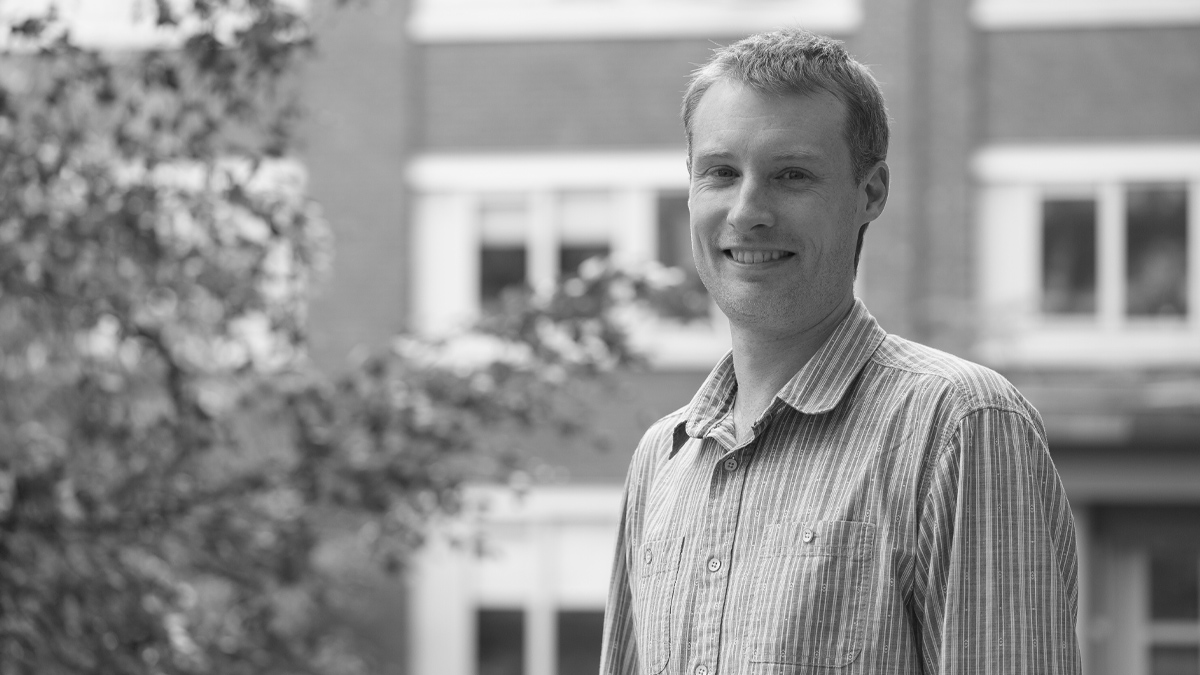My Climate Risk Interdisciplinary Learning Group
13 January 2025; 13:00-14:00 GMT
Presenter: Alex Arnall
Biography

Paper to be presented
Title: Wishful sinking: Disappearing islands, climate refugees and cosmopolitan experimentation
Author: Carol Farbotko
Asia Pacific Viewpoint, Vol. 51, No. 1, April 2010
ISSN 1360-7456, pp47–60
Session Highlights
Dr Alex Arnall, a Human Geographer and associate Professor at the University of Reading, inaugurated our MCRILG talks for 2025 by discussing Carol Farbotko’s 2010 paper “Wishful Sinking: Disappearing Islands, Climate Refugees, and Cosmopolitan Experimentation”
Key points from the paper :
- Critical examination of the way in which Western narratives use ‘disappearing’ islands like Tuvalu as evidence of the global climate crisis, burdening these islands with the responsibility of demonstrating the urgency of climate change.
- The role of disappearing islands and climate refugees in public discourse and their impact on the cultural politics of climate change. Tuvalu has become a significant symbol in climate change debates, often dramatized by the media- eg foreign journalists and environmentalists capturing images of flooding and potential evacuation. This representation has led to a narrative of Tuvalu as a climate change “canary in the coalmine” highlighting the uneven impacts of climate change.
- Western narratives often depict Tuvalu as small, isolated, and impoverished, reinforcing notions of its vulnerability and dependence. The paper draws on Epeli Hau’ofa’s critique of Western development discourse, which belittles Pacific islands as inherently small and economically weak. Hau’ofa urges a rethinking of small islands as connected spaces rather than isolated ones.
- The concept of islands as natural laboratories, with Tuvalu being used to study climate change impacts. This concept has been used historically to justify Western scientific and academic pursuits, often at the expense of the islanders’ cultural identity and agency.
- The notion of “wishful sinking,” where some environmentalist narratives appear to want islands like Tuvalu to disappear to serve as a wake-up call for global climate action. This perspective reduces Tuvalu to a mere symbol of climate change, ignoring the significance of the islands and their inhabitants.
Dr Arnall moved to his own research with coastal communities in the Maldives and in N Wales. His Maldives work highlighted the impact of tourism on coastal erosion and the tension between the type of adaptation favoured by local communities -notably sea walls-and the approach to adaptation favoured by international donors and government, which currently favour nature based solutions. The issue of local consultation was picked up in the subsequent discussion.
In N Wales Dr Arnall referenced his research in Fairbourne which explores the concept of “sea level rise imaginaries” (SLRI) and how they shape the understanding and response to rising sea levels in Fairbourne, North Wales. It highlights the dominant, future-oriented discourse on sea level rise and its present-day impacts, while also addressing the resistance and alternative perspectives from local residents. The study emphasizes the need for better dialogue between these contested views to effectively address climate change and envision hopeful futures for coastal communities.
Dr Arnall shared the following questions:
- Ethical representation: How can researchers avoid reductive or paternalistic portrayals of affected communities?
- Local agency: How can research centre the voices and sovereignty of those most impacted by climate change?
- Power dynamics: What are the implications of framing vulnerable regions as ‘laboratories’ for global climate research?
- Global vs. local priorities: Are global narratives overshadowing the specific needs of local populations?
- Impact of media narratives: How do sensationalised portrayals shape public
understanding and policy-making?
Points from the discussion included:
- An acknowledgement of the ‘eco colonial’ gaze and the legacy of colonialism in interactions between communities and researchers who came with their own agendas. This problem was recognised by colleagues from across the wide range of disciplines present in the meeting. The imperative -and challenge- was to have a genuine dialogue at local level to focus on what was useful, rather than simply ‘interesting’ from a research perspective. This question also came up in a discussion around the trade offs of ‘losing’ control . From a social science perspective, Dr Arnall explained that their work was able t bring in and value local, indigenous knowledge.
- Prompted by a question from a media professional, the discussion moved on to the vocabulary of documentary film making and documentary ethics. The importance -and opportunity-to amplify local voices through film and video was emphasised.
- Finally, the conversation concluded with a question on the potentially positive side of international influence on national policy making and if metaphors such as the ‘canary in the coalmine’ could in fact be helpful. The response was that they can be since they can raise much needed international attention. Metaphors can be powerful but they can also be counterproductive.
Dr Arnall’s slides for this talk: 25.01 Slides MCRILG presentation Dr Alex Arnall.
